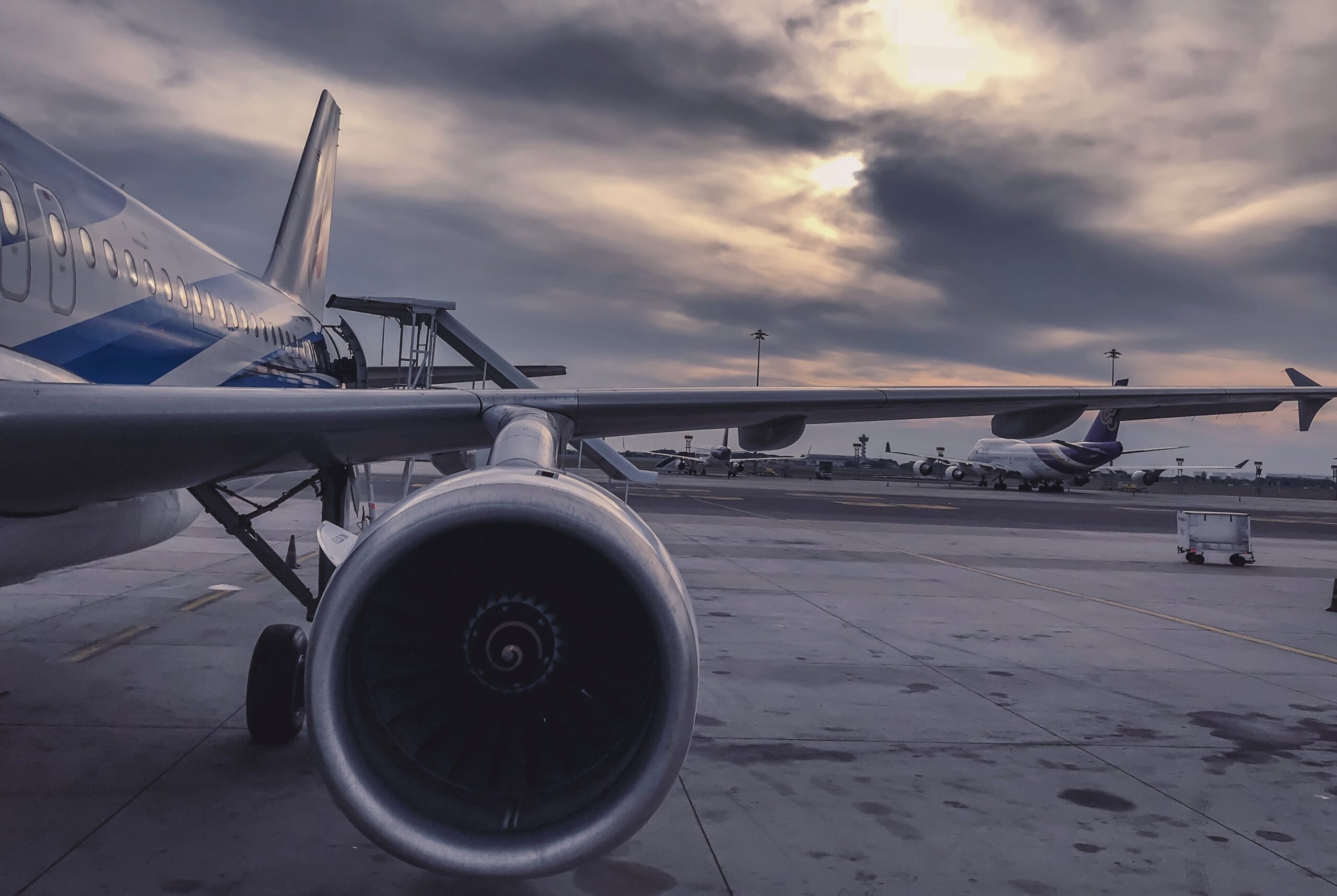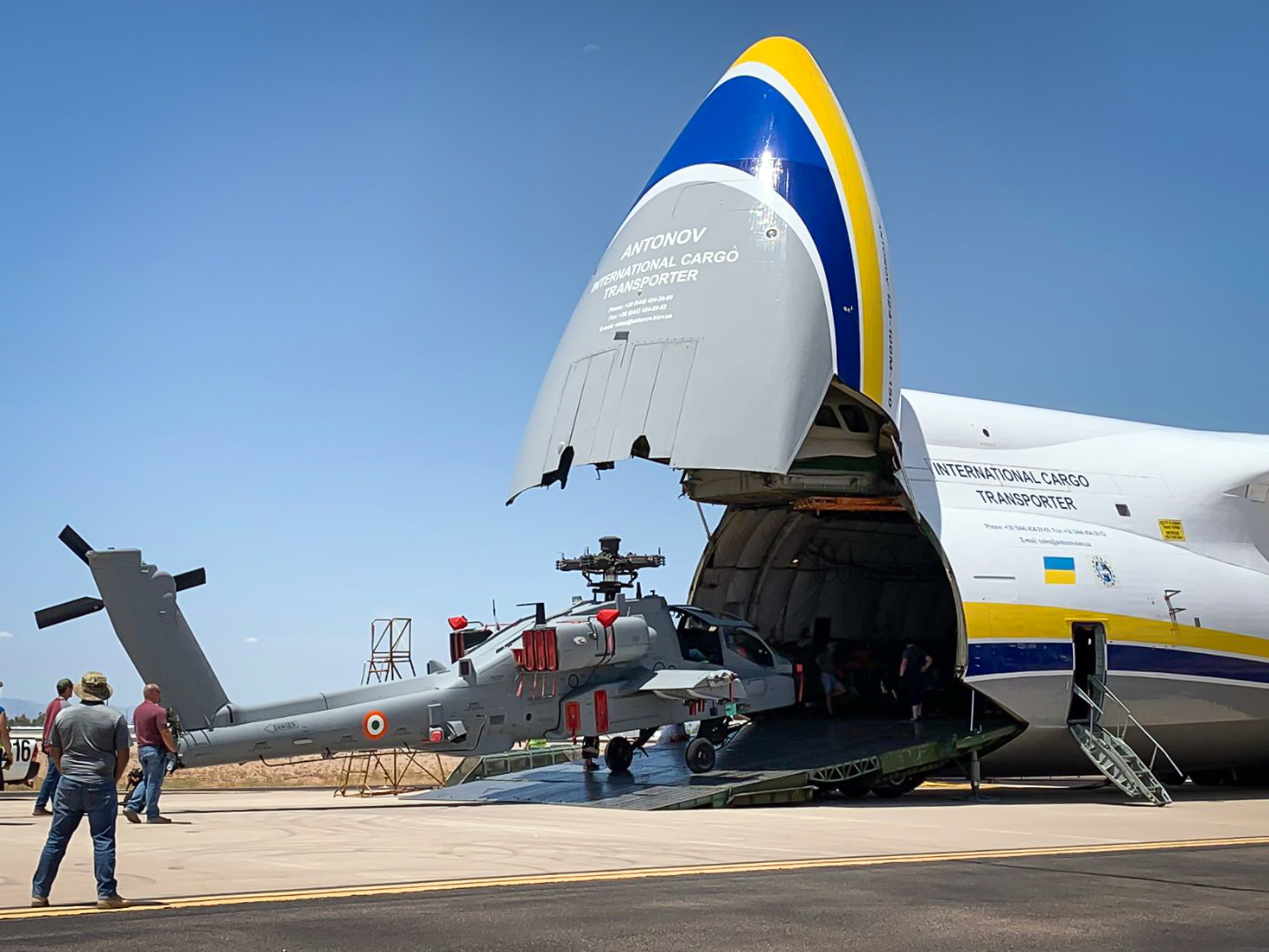Industry stakeholders are somewhat optimistic about the future of heavy lift, although pandemic challenges remain, writes Michael Mackey.
The heavy lift sector is looking forward to getting back to normal post-pandemic, although there is a debate about what that future will look like.
On the positive side is Volga-Dnepr Airlines, which talks of recovery and revival as the world restarts following the upheavals of the past two years.
“It is expected that our ‘traditional’ contributing sectors will keep on their growth trajectory, with aerospace and heavy machinery going over 6% up in 2022 tonnage-wise; high technology (which covers a lot of oversized and out-of-gauge pieces) over 8%; automotive over 5%; capital equipment over 1%, to name a few (as per figures from Seabury Consulting),” says Ekaterina Andreeva, commercial director at Volga-Dnepr. “We look positively into 2022.”
Others are also positive about the coming 12 months.
“We believe that the share of super heavy and oversized cargoes will keep growing in our air shipments, which are the main specialisations for Antonov Airlines,” says Andriy Blagovisniy, Antonov’s commercial director.
Blagovisniy’s evidence is anecdotal rather than statistical: Antonov has seen an increase in the number of flights with project cargo but points out these are still very low compared to pre-pandemic levels.
Presently, project cargo accounts for 5.7% of the total amount of its flights with industrial cargo.
“We hope that global economy bounces back soon to a normal pace and the quantities of heavy lift projects resume,” Blagovisniy adds.
More muted is the view of charterer firm Chapman Freeborn, which reports the heavy lift charter market as being pretty much “business as usual”.
Nor does it see “any major changes in the short- to medium-term regarding outsized projects and usage of the aircraft”, says chairman, Russi Batliwala.
Oil and gas uptake
For Volga-Dnepr just short of a third of its charter operations are on behalf of energy and heavy machinery customers, around 15% for aerospace and 8% for oil and gas.
Emirates SkyCargo is looking to expand in the heavy lift sector, believing the market to be favourable for both oil and gas and aircraft engines.
“We see an uptick in heavy lift related to oil and gas,” Hiran Gregory Perera, senior vice president, cargo planning and freighters at Emirates SkyCargo tells Air Cargo News in an interview at the Dubai Air Show. “We hope to grow oil and gas and aircraft engines,” he adds.
For the aerospace sector the major contributing regions were China, Middle East, North America; for energy & heavy machinery – Europe, India and Far East, Russia and CIS; and for oil & gas – India and Far East, Europe, Volga-Dnepr says.
“Altogether for 10 months of 2021 we have delivered over 21,000 tonnes of project loads to various countries across the globe,” Andreeva adds.
Some of the details of this hint at what the market is likely to look like in future and some of it might be close to home in the aerospace sector.
Alongside aerospace growth, Volga-Dnepr is also noticing delivery of plane parts for freighter conversion programmes “in great demand” and AOG services as passenger planes return to service.
High tech is playing a part too, with more requests for transportation of capital equipment for semiconductor manufacturing from the leading tech companies.
“With construction of plants for semiconductor production in North America there are charter programmes from Asia which will last at least till the end of this year and might be extended beyond,” Andreeva says.
Supplementing this is the extra business the Covid-19 pandemic has generated, although that same pandemic has become one of the biggest challenges the sector has to deal with.
The view going forward is there will be more of the same while the pandemic lasts.
“The pandemic will continue to be an added revenue stream for non-heavy lift cargo loads,” says Batliwala. Chapman Freeborn has (and is still presently) booking multiple AN-124’s and AN-225 flights with PPE cargo.
On top of this other health fields have opened up. Volga-Dnepr notes “emerging demand”, for vaccine production equipment and Antonov likewise reported high demand for the transportation of medical equipment alongside PPE.
Pandemic pressure
What is causing some disquiet though is the amount of extra work the pandemic is causing.
Andreeva says: “One thing I would like to highlight that it has been and still (is) challenging for our crew and technical personnel to operate overseas, due to constantly changing Covid-19 restrictions.
“We implement all the necessary measures to guarantee the health and safety of the crew and keep the global supply chains moving but sometimes Covid-19 still affects our operations.”
This is part of a broader problem, as flagged by Antonov, which says the issues are not just about crews but also facilities and sometimes entire countries.
On the issue of testing, Antonov is candid about the burden it imposes. “Covid-19 undoubtedly created serious changes to the usual routines of our crews,” Blagovisniy says.
Additional planning was needed to compensate for a lack of ground personnel in major Chinese airports, and there were further complications when changing crews and relying on passenger airlines to ferry them around.
To combat these issues, procedures have been introduced for mandatory testing of crew members before each mission, special passenger charters on the AN-74T and AN-26 aircraft operated by Antonov Airlines ensures changing crews on time independently on regular flights, and most importantly, most of the airline’s flight and technical crews have already been vaccinated.
There are then further restrictions on the work of the personnel of the handling companies inside the aircraft, which complicates the loading/unloading of the aircraft, says Blagovisniy.
“We expect these restrictions to continue for the next six months,” he adds.
There is also, as Volga-Dnepr’s Andreeva notes, an impact on any carrier’s home base.
Internally, 70% of Volga-Dnepr staff are still working from home. While very efficient, the carrier, like so many others, misses office and real-time communications “sometimes”.
It is taking all the necessary steps to mitigate the health risks with a massive vaccination programmes (both from flu and Covid-19), regular PCR-testing and medical checks – among other things.
Sustainability “threat”
Another challenge the sector faces is highlighted by Chapman Freeborn: the pressure they are under not just to look and sound green but to be green.
Much of the industry does want this but until Sustainable Aviation Fuels are widespread and as cheap as jet fuel it’s going to be a long time coming.
The aircraft used for heavy lift projects tend to be older and less efficient than the jets used for general cargo and e-commerce flights.
“The ongoing modernisation of these ‘niche’ aircraft is most definitely a challenge, as is the global focus on sustainability. These aircraft are not the most environmentally friendly and as a result, in my opinion, could affect their use by industries in the future,” says Batliwala.
“I personally see the big focus on sustainability as a threat for airfreight in general after the present and ongoing peak times.”
The energy sector – one of the biggest users of heavy lift services – faces its own challenge as the world looks to transition away from fossil fuels to renewable energy.
‘Make it local’ and ‘buy it local’ slogans are already seen daily, he went on to say, arguing that makes it difficult to talk about growth.
Batliwala says the pressure to go green will see a shift to less polluting fuels and more modern aircraft and this will renew or at least change the industry.
“Going forward it is difficult to predict but I feel that what was once considered ‘normal’ for the cargo charter market will never be again,” he says.
Source: www.aircargo.com
Image: www.pexels.com






